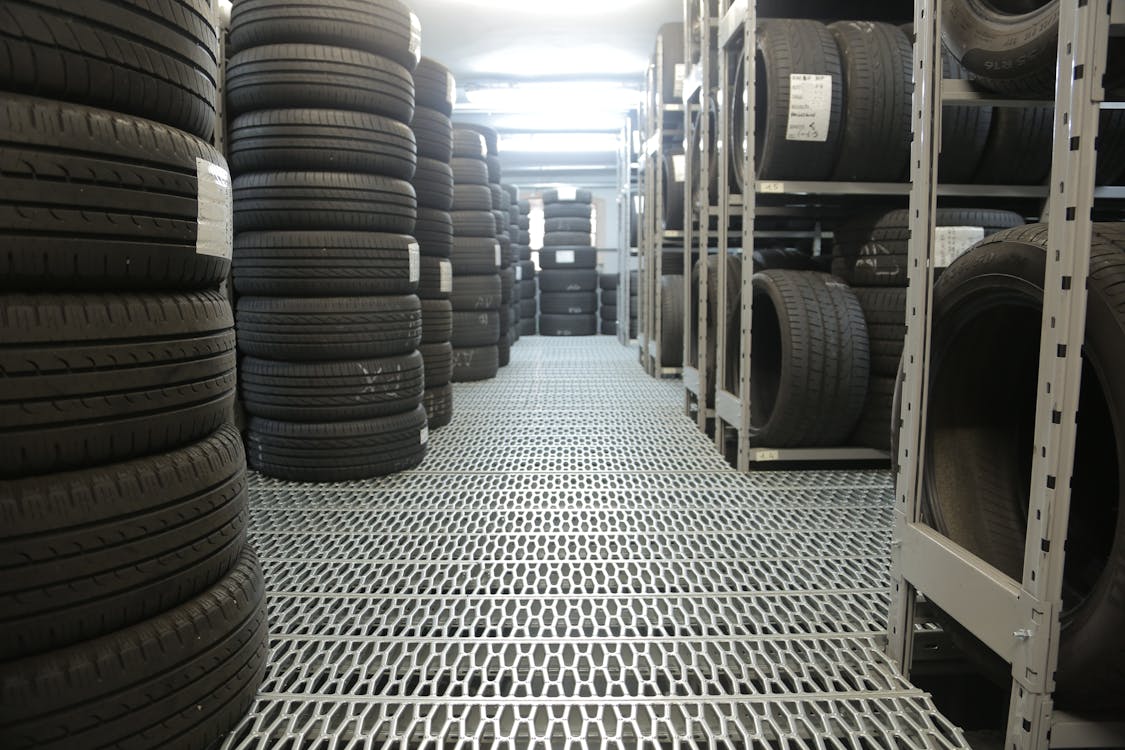We understand that purchasing tyres is not a pleasant experience for most people; in fact, it is frequently a source of frustration! When selecting tyres for your vehicle, however, you must be confident that you are selecting the right tyre for your vehicle, driving style, and budget. They'll be on your vehicle for at least a year or two, so be sure you'll have a pleasant and safe ride.
That's why we've created this Tyre Buying Guide, which will help you choose the best tyre for your car.
Consider the following:
- What kind of vehicle do you own?
- What is your daily mileage?
- What kind of tyres do you have on your car right now?
- Are OE (original equipment) tyres installed on your vehicle?
Choosing the proper tyres for your car
What kind of vehicle do you own?A car, unlike a 4x4, van, or commercial vehicle, has quite different requirements. If you own a 4x4 or a commercial vehicle, you'll need to pay particular attention to your vehicle's load rating requirements. The best method to find out is to look in the manual or look on the sidewall of the tyres you've installed for the load rating.
What is your daily mileage?
If you're driving a car for a long distance, possibly on a fast highway, your needs will be different than if you're driving about town. Although we generally recommend that you install the highest-quality tyre you can buy, this is especially true for individuals who drive on busy, fast roads. A higher-quality tyre will also often last longer, which is especially important if you drive a lot. However, even under the same brand, individual tyres can have varied qualities, and a very soft "grippy" performance tyre won't survive very long.
What kind of tyres do you have on your car right now?
If you're not sure which tyre to get, the easiest place to start is to check at what's already on your car. If your current tyres have served you well, replacing them with the same or a similar quality tyre may be the best alternative. Customers who have recently purchased a new car may frequently prefer to install matching tyres, especially if only replacing a set, because they know their vehicle's performance will not be affected.

Vehicle-specific tyres
Some vehicles have 'OE' tyres, which are those that the vehicle manufacturer recommends be installed. This is particularly true with BMW, Mercedes-Benz, Jaguar, and Audi automobiles. While any brand of tyre with the suitable size, load, and speed rating can be installed on these cars, the 'OE' fitting tyres have been tested and approved by the vehicle's manufacturer and are always the best option.
Are runflat tyres required?
Some vehicles are built with runflat tyres.
SSR (self-supporting runflat), ROF (run on flat), or simply RF, Run Flat, are all sidewall markings that can be used to identify these tyres.
BMW and Mini automobiles are the most common vehicles with runflat tyres. In the case of a puncture, they are constructed with reinforced sidewalls to keep them inflated.
Selecting the most cost-effective tyres
Tyre prices vary dramatically based on tyre size, and it's not always the case that the larger the tyre, the higher the price! In general, the more popular a tyre size is, the less expensive it is. This is because tyres that can be mass-produced are less expensive to produce and thus less expensive to purchase. You can't normally modify the tyre size once you've chosen your car, therefore the dilemma becomes which quality tyre to choose.
We usually classify tyres into four different quality levels:
- Budget
- Manufacturer's brand
- Mid-range
- Premium
So, how do you tell the two apart? They're all black and spherical and appear extremely similar. The fundamental difference is in the tyre's compound and structure; more expensive tyres have far more complex technology and have been designed to provide excellent performance and grip. Budget tyres, on the other hand, provide fantastic value for money, but you do get what you pay for with most things.
No comments:
Post a Comment